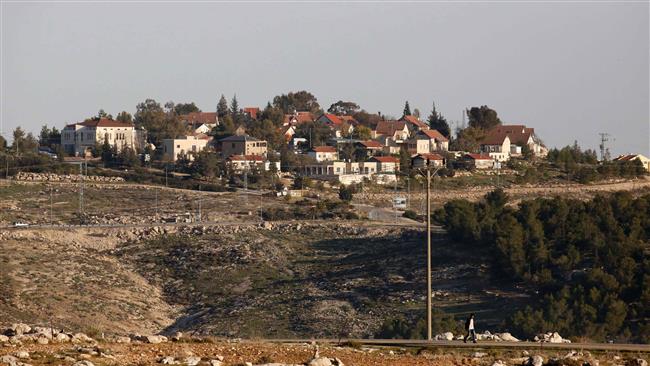
RNA - Jason Greenblatt, who is US President Donald Trump’s special envoy for the so-called peace process between Israelis and Palestinians, met with Netanyahu in Jerusalem al-Quds for five hours on Monday.
Greenblatt is reportedly scheduled to meet with Palestinian President Mahmoud Abbas on Tuesday.
A statement from Netanyahu’s office said that, during the Monday meeting, the Israeli prime minister and the American envoy stressed “commitment” to the peace process.
The Trump administration’s positions on Israeli settlements — considered illegal by much of the world — and the peace process are not clearly formulated, if formulated at all. Trump himself and several officials in his administration have made pronouncements that have either been vague or in contrast with comments made by other officials.
Prior to Greenblatt’s visit to Israel, US State Department spokesman Mark Toner described the issue of settlements as “a challenge that needs to be addressed at some point.”
Earlier, Trump had taken a much milder, less clear-cut tone, saying that he was “not somebody that believes that going forward with these settlements is a good thing for peace.”
Earlier yet, and before taking office, Trump had strongly slammed the administration of former US President Barack Obama for not vetoing a United Nations Security Council resolution that condemned the Israeli settlements.
Since the inauguration of Trump in January, the Israeli regime, which sees in him a stronger supporter than Obama, has stepped up its construction of settler units on occupied Palestinian land.
Such construction constitutes a blatant violation of international law. The Geneva Conventions ban construction on occupied land. About 600,000 Israelis live in over 230 illegal settlements built since the 1967 Israeli occupation of the Palestinian territories of the West Bank and East Jerusalem al-Quds.
The last round of Israeli-Palestinian talks collapsed in 2014. Among the major sticking points in those negotiations was Israel’s continued settlement expansion on Palestinian territories.
Trump has also said in controversial remarks that he considered Jerusalem al-Quds as the future capital of an Israeli “state.” This is while Palestinians want the West Bank as part of a future independent Palestinian state. They want Jerusalem al-Quds as the capital of that state.
The US president has also vowed to fulfill a campaign pledge to move the US embassy in Israel from Tel Aviv to Jerusalem al-Quds.
On the so-called two-state solution, too, Trump has struck an opaque tone, saying he could live with either a one-state or a two-state eventuality.
“Looking at two-state or one-state, I like the one that both parties like. I’m very happy with the one both parties like. I can live with either one,” the US president said during a joint press conference with Netanyahu in Washington on February 15.
His remarks were, however, a departure from Washington’s previous stance of firmly supporting a two-state solution under previous administrations.
847/940